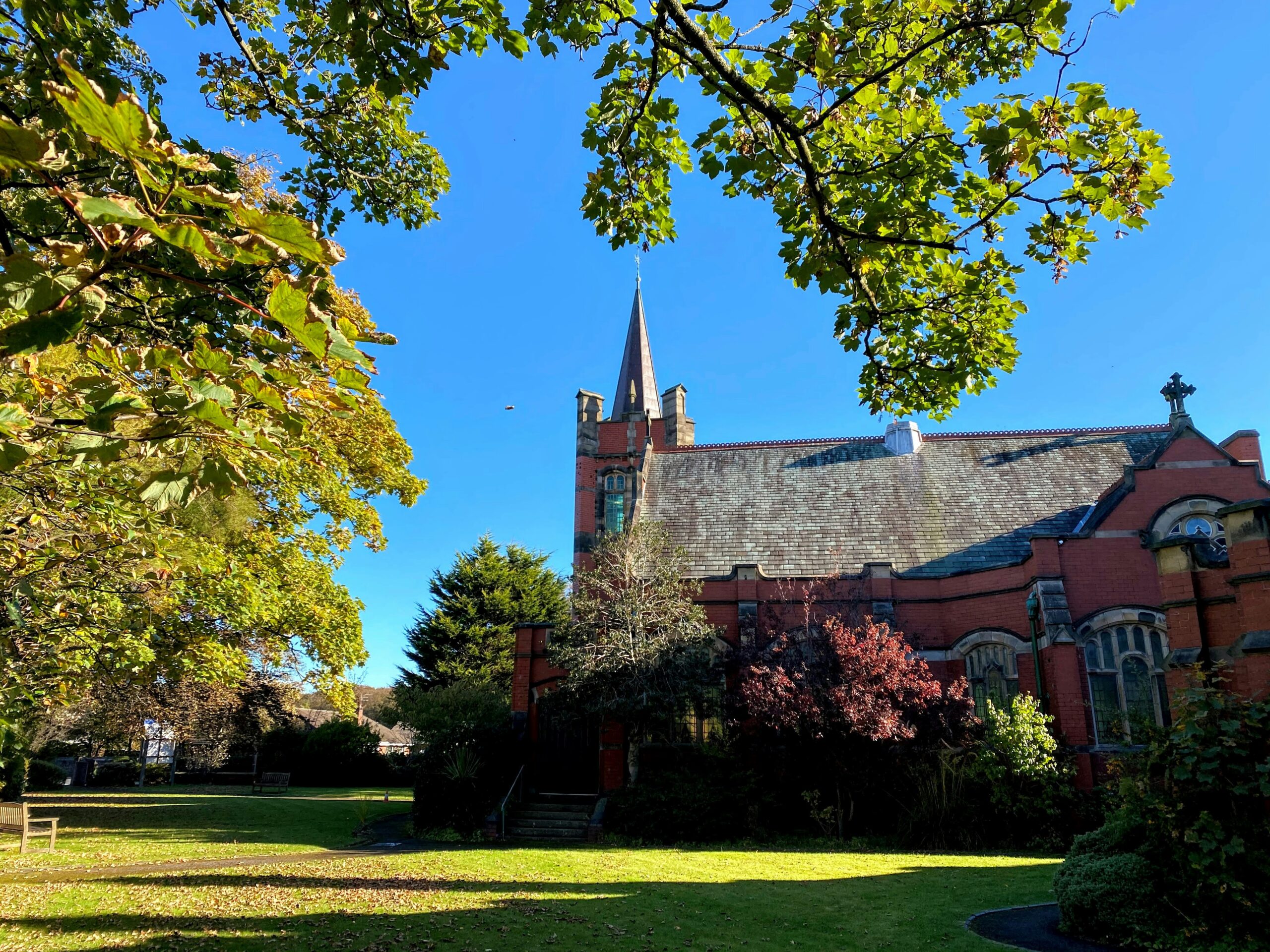
What is Chancel Repair Liability?
When you buy a property, you expect to pay for the building, the land and the legal process. What you don’t expect is a centuries-old obligation to help pay for church repairs. But that’s exactly what chancel repair liability is.
So what is chancel repair liability, how do you know if it applies to your home and what can you do about it?
Let’s break it down clearly so you know where you stand.
The basics: What is chancel repair liability?
Chancel repair liability is a legal obligation that requires some homeowners to contribute to the cost of repairs to the chancel of a local parish church. It applies to certain properties in England and Wales that were historically linked to land owned by the church.
It dates back to medieval times. Landowners who held land from a monastery or rectory were expected to help maintain the local church. When the Church of England took over many of those responsibilities, some of those obligations remained. They are still enforceable today in some cases.
That means a modern homeowner can be asked to pay thousands of pounds toward church roof repairs, simply because their land is linked to an ancient title.
How would a property become liable?
The liability is attached to the land, not the owner. If the property sits on land that was once owned by or linked to a rectorial benefice, it might still carry the legal burden. This includes land once attached to monasteries, glebe land or rectories.
That’s why people can be surprised. You might have no idea there is a connection, but if your home’s on that patch of land, the obligation still exists. The liability passes from one owner to the next unless it’s removed or expires.
Is chancel repair liability still enforceable?
Yes, in some cases. The law changed in 2013, but properties that were already subject to the liability could still be held responsible if the interest was registered with the Land Registry before 13 October 2013.
After that date, it became harder for churches to enforce the liability against buyers who weren’t already aware of it. But if it was registered properly, or if the property was purchased before that deadline, the church can still make a claim. The Church of England has some guidance on chancel repair liability if you want a deeper dive.
Even unregistered liabilities can potentially be enforced in limited cases if the buyer didn’t carry out due diligence or if the registration was missed during conveyancing.
How common is chancel repair liability?
It’s rare, but not unheard of. There are known cases where property owners have received demands for five-figure sums. These cases are more likely in rural areas, historic towns or locations with strong ecclesiastical links.
Places like the Midlands, parts of Norfolk, Lincolnshire and Somerset have more known examples. But any property that has historic land ties to a parish church could be at risk.
How do you find out if a property is affected?
You can carry out a chancel repair search as part of the conveyancing process. This is usually offered by your solicitor when buying a property and costs around £20. It checks the historic records to see if your home is in a parish with known liability.
You won’t find a central database of affected properties. Some details are held by the Land Registry, others in historic deeds or parish records. If you want to look into it further, there’s a technical research guide from The National Archives that outlines how to check old records and tithe maps. But a word of warning: it’s more useful for legal professionals or history buffs than the average homeowner.
If the search is clear, there’s usually nothing to worry about. If the result’s positive or uncertain, you may be advised to take out chancel repair liability insurance. This covers the cost if a claim is ever made in the future.
The insurance is relatively cheap, especially compared to the risk it covers. It’s often a one-off premium paid on completion and provides peace of mind if the legal position isn’t fully clear.
What happens if you ignore it?
If the church has a registered interest and you ignore a request to pay, you could be taken to court. In one well-known case, a couple in Warwickshire were ordered to pay more than £95,000 for church roof repairs. The court upheld the liability based on historic land records.
That case set a legal precedent and caused a rise in awareness around the issue. It showed that chancel repair liability is far from a mere historical curiosity. It still affects real people with real financial consequences.
Can it affect your ability to sell?
Yes. If the property’s known to be affected by chancel repair liability, it can make buyers nervous. Most buyers will want a clear result from a chancel search and many will walk away if they feel the risk’s too high or uncertain.
If you’re selling a property that may be affected, it’s better to be upfront. Your solicitor can carry out a search and offer insurance to cover any concerns. This can help keep the sale on track and avoid last-minute dropouts.
Some mortgage lenders also require a clear chancel search or insurance policy as a condition of lending. If the liability’s registered or flagged, your buyer might struggle to secure a mortgage unless steps are taken to manage the risk.
What if you inherited a property with chancel liability?
If you’ve inherited a property, you may not know whether the liability exists until you try to sell or remortgage. In this case, a simple chancel search can help clarify things. If needed, an indemnity policy can be put in place to protect against future claims.
It’s rare for churches to pursue claims against long-standing owners who inherited property. But it’s still possible, especially if the property title has been registered with a known liability.
Can the liability be removed?
In some cases, yes. If you believe the liability’s no longer valid or was registered in error, you can apply to the Land Registry to have it removed. This usually involves legal advice and documentary evidence.
If the property has changed hands since 2013 without the liability being registered, the church may have lost the right to enforce it against new owners. But this depends on timing, title status and due diligence at the time of purchase.
In most cases, the easiest route is insurance. It avoids legal wrangling and gives future buyers confidence.
Selling a property with chancel concerns
If you’re trying to sell and chancel repair liability comes up during searches, it doesn’t mean the sale is lost. Buyers just want reassurance. A clear search result or a simple insurance policy is often enough to keep things moving.
Problems usually arise when sellers are unaware or try to avoid the issue. That’s when buyers lose confidence and deals fall apart.
You can also speak to a cash house buyer if your sale has fallen through. Cash buyers don’t rely on mortgage conditions or solicitor sign-off in the same way, and they can often work with unusual title issues without delay.
Sort your sale without the stress
So, now you know the answer to the question ‘What is chancel repair liability?’ A historic legal obligation that could leave homeowners on the hook for church repair costs. It’s rare, but still enforceable in some cases.
The good news is, it’s easy to check. A simple search and affordable insurance are usually enough to manage the risk. If you’re buying, selling or inheriting a property, it’s worth taking the time to confirm where you stand.
If chancel repair liability is holding up your sale, or if you’ve lost a buyer because of it, there are still options.
Sell House Fast helps people sell properties with complex title issues, including those affected by chancel concerns. We buy for cash, cover legal costs and complete quickly.
So why not enter your postcode now and find out how much you could get and how it works? If you’re ready to sell, we’re ready to help.


